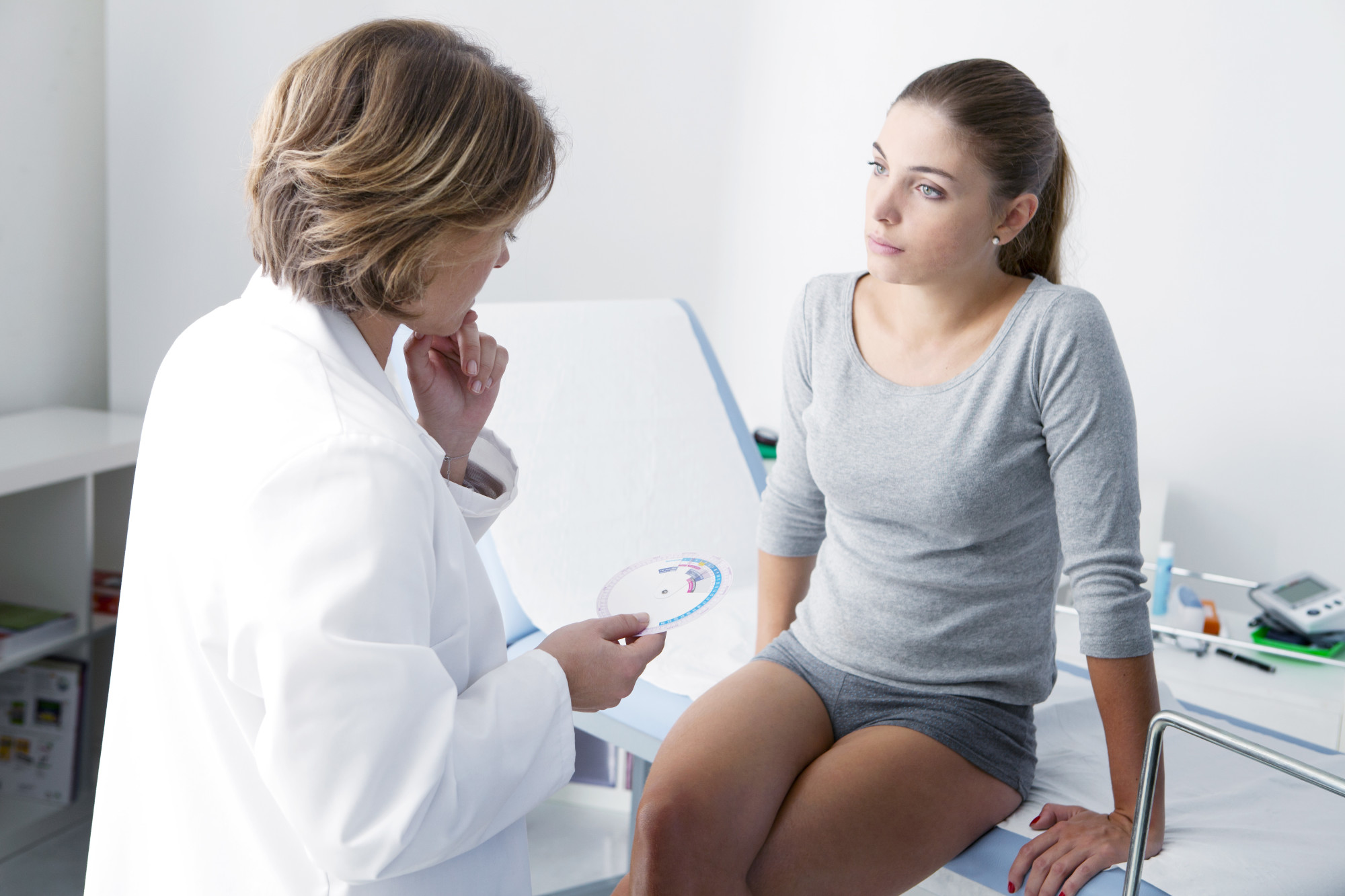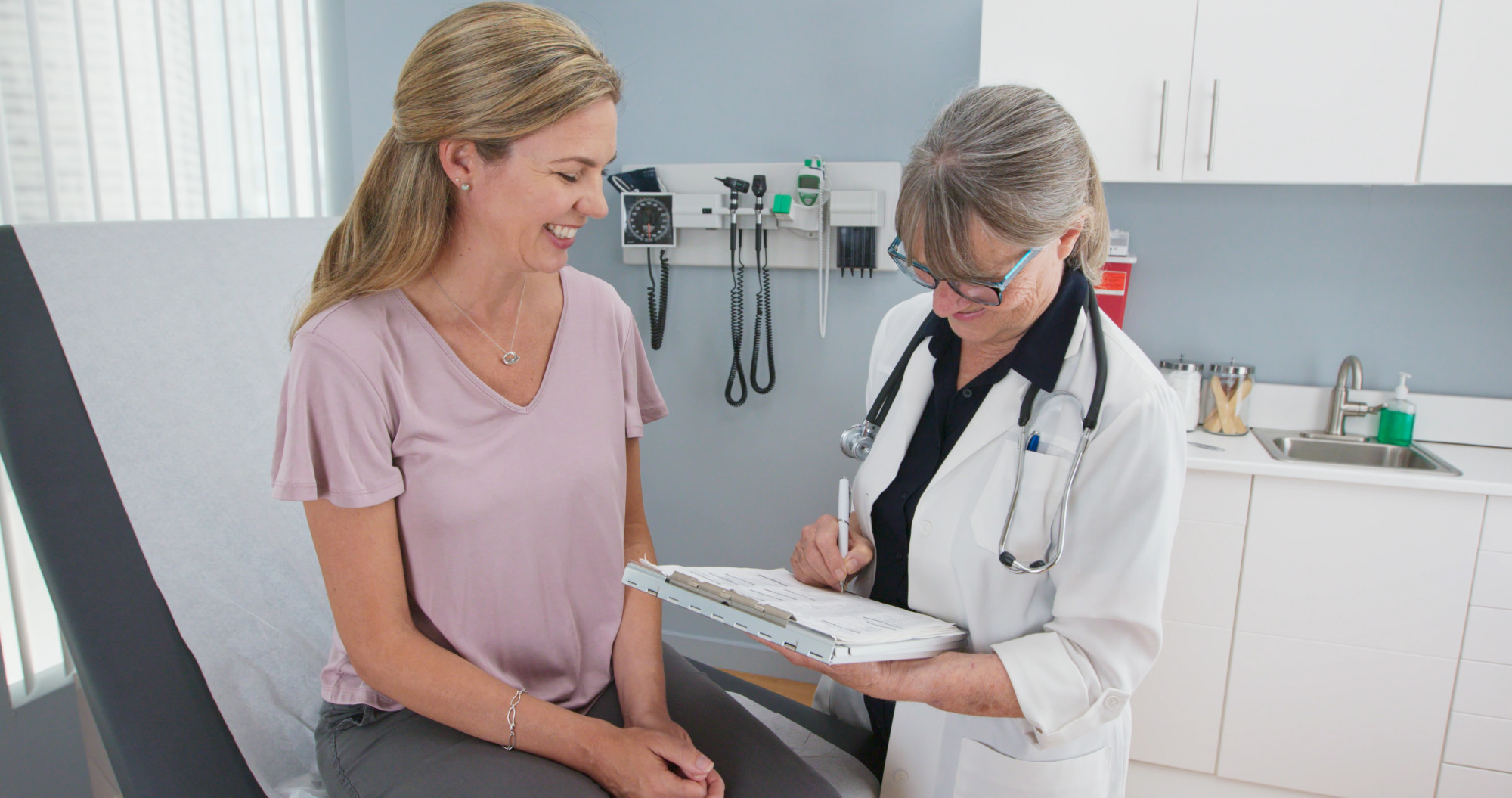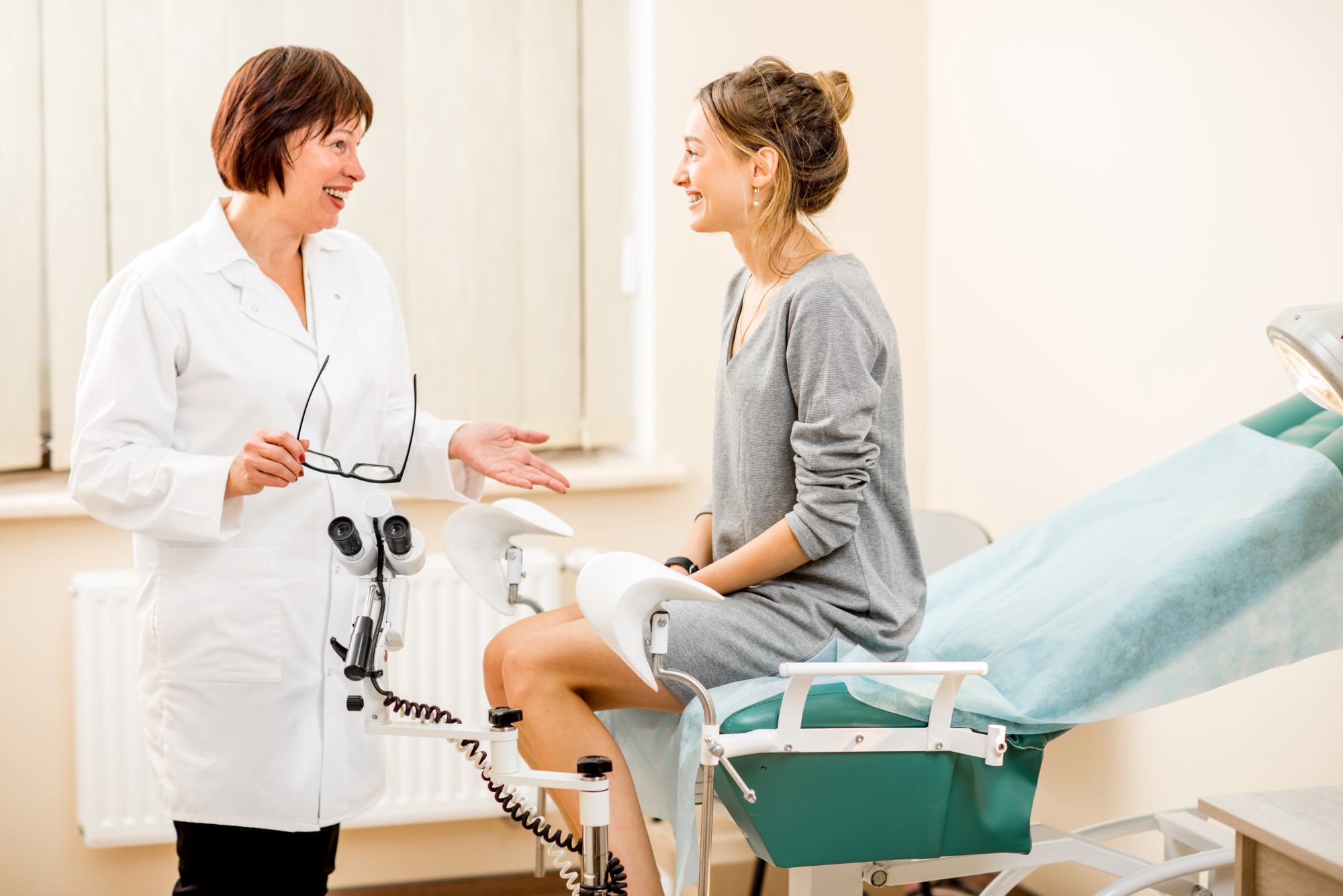When Should Women Get Their First Mammogram?
Are you wondering when the best time is to get your first mammogram? Mammograms are a crucial part of women’s health. They can detect breast cancer as soon as it appears, and earlier detection means a better chance of beating the disease.
In the United States, it’s expected that new instances of invasive breast cancer will reach 287,850 cases in 2022. This article will help you understand why it’s important to get a mammogram early and how you can find out when is the best time for your first mammogram.
You’ll also learn how to prepare for your appointment and what to expect. Read on to find out more about when you should get your first mammogram.
What Is a Mammogram?
The best test available to doctors to detect breast cancer early is performing routine mammograms. Mammography uses X-ray images taken of the breast. Doctors can use mammograms to look for any early indications of breast cancer.
This is the best screening available to doctors to detect breast cancer early. Without a mammogram, it could take a patient diagnosed with early-stage breast cancer up to three years before they would have detected the lump on their own.
The Benefits of a Mammogram
The second most frequent malignancy in women is breast cancer. Ten out of every 100,000 women between the ages of 20 and 24 will receive a breast cancer diagnosis. As women reach their late 20s and early 30s, that number rises.
Around 40 to 50, there are noticeable increases. The majority of diagnoses of breast cancer happen for women over the age of 70. Why then do professionals advise testing for much younger women if the majority of women do not develop breast cancer until they are in their 70s?
Numerous studies show that screening mammograms reduce the risk of breast cancer-related death by 15% to 29%. Having a mammogram at the earliest appropriate age can reduce your risk of death. Regular mammograms aid in early detection and help save lives.
When to Get Your First Mammogram
Early screening helps save lives, according to all medical professionals. The precise age of that initial screening is still up for discussion. By the age of 45, the American Cancer Society advises that women get their first mammogram.
According to the U.S. Preventive Services Task Force, women may delay their initial screening until age 50. However, because mammograms can identify breast abnormalities in their earliest stages in women in their 40s, the Mayo Clinic supports screening as early as age 40.
Even while some medical professionals believe that getting a mammogram when you’re younger is best, there are still issues involved. If the doctor finds an abnormality, more testing with another mammography, biopsies, or ultrasound imaging may be required since women in their 40s and 50s are more prone to experience a false positive.
The best thing you can do is consult with your doctor about the ideal age for you to start screening. Because the simple truth is that every woman is different.
When you should receive your first mammogram depends on several unique factors, including your family history of breast cancer (women with a close family history of the disease should get checked sooner than women without one). You should discuss when to start screening with your doctor right away if you are over 30 and have a close family member with a history of breast cancer.
Women with moderate risks should discuss getting a mammogram with their doctors at least by the age of 40. Your annual wellness appointment is the ideal opportunity to discuss obtaining a mammogram with your doctor.
What to Expect During a Mammogram
You will stand in front of an X-ray machine. The X-ray technician will place your breast on a plastic plate. Your breast will be firmly pressed from above by another plate.
The plates flatten your breast. This holds your breast motionless during the X-ray. Be aware that some pressure will be present.
To create a side view of the breast, the stages are repeated. The other breast will undergo a similar X-ray procedure. After that, you will have to wait as the technologist makes sure there is no need to repeat the X-rays.
Remember that the technician is unable to inform you of the results of your mammography. Due to the slight variations in every woman’s breasts, every mammogram may appear a bit different.
Most women find getting a mammogram uncomfortable. Some ladies say it hurts. However, mammography only takes a little while, so the discomfort does pass.
Your experience will vary depending on the technician’s expertise, the size of your breasts, and how hard they need squeezing. If you are about to start or are on your period, your breasts may be extra sensitive. The X-ray will get examined by a radiologist for any early indications of breast cancer or other issues.
When Will You Get the Results of Your Mammogram?
Depending on the facility, you should receive the results in a few weeks. After a radiologist reviews your mammogram results, they will inform you and your doctor of the findings.
The mammography facility will inform you if there is a problem. If you don’t get a report of your results within 30 days, get in touch with your doctor or the mammography center.
What Happens if Your Mammogram Is Normal?
Maintain your mammography schedule following the suggested frequency.
Mammograms function best when they can be compared to earlier ones. By comparing them, the radiologist can check for changes in your breasts.
What Happens if Your Mammogram Is Abnormal?
The presence of cancer is not always indicated by an abnormal mammogram. However, the doctor won’t be able to be certain unless you have additional mammograms, examinations, or tests. A surgeon or breast specialist may also be recommended to you.
You may not always need surgery or have cancer. These skilled medical professionals can identify breast issues. Follow-up exams will be performed by medical professionals to determine whether breast cancer exists.
Getting Your First Mammogram Can Feel a Little Overwhelming
We understand that when you get your first mammogram, the process can feel a bit daunting. But don’t worry. We are here to walk you through the process.
For 40+ years, Women’s Health of Augusta has offered the best all-inclusive obstetrical and gynecology treatment in the region. All of our doctors are now accepting new patients and are board-certified (Fellows of the American Board of Obstetrics and Gynecology) or board eligible.
We are sensitive and considerate of your particular needs. We can also manage any gynecological or obstetrical care concerns you have. Contact us or check out our Blog section for helpful information.








